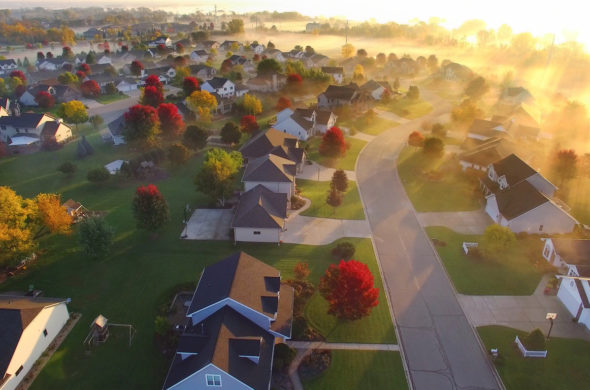Any legislation aimed at regulating short-term rentals must consider the following core principles:
1: Protecting Property Owner’s Rights and Maintain Safe Neighborhoods
- The rights of short-term rental operators should not trump the rights of individual homeowners. Property owners have a right to a clean property, welcoming neighborhood, and safe community that they’ve personally invested in. Lawmakers should:
- Ensure legislation balances rights and privileges of both rental operators and homeowners.
- Ensure cities have the tools to combat noise complaints, party houses, and parking violations in neighborhoods, among other issues.
- Protect the most vulnerable community members, such as children, from transient strangers in local communities.
- Provide communities the proper tools to ensure compliance with basic community protections.
2: Ensure Housing Availability & Affordability
- When operators buy up multiple homes or apartments in a community to turn into short-term rentals, this reduces the availability of housing in the area and increases the cost to rent or buy the homes that are available.
- Localities are facing a workforce housing crisis as each new short-term rental on the market removes a home from the local housing stock that otherwise could be occupied by year-round residents and workers. The dramatic housing shortage is creating barriers to local businesses struggling to attract new workers who have been priced out of home ownership in the area. Lawmakers should:
- Carefully examine the impacts of any state preemption legislation that strips towns and cities of local control. Because each locality is dealing with its own, unique housing availability issues, they must have the authority to examine and implement regulations that coincide with the housing needs of their individual communities.
3: Uphold Platform Accountability & Safety Standards
- There is often no system in place to hold rental platforms accountable for nuisance events or actions that occur at their listed properties – and there are often no consequences for properties operating outside the bounds of certain standards.
- An influx of short-term rentals can often drain scarce community resources due to nuisance complaints and other issues, as first responders and other resources must be deployed to deal with issues stemming from unlawful short-term rentals. Lawmakers should:
- Ensure transparency and accountability in the short-term rental marketplace.
- Ensure platforms register with the local government before allowing any bookings from the area.
- Ensure platforms stay in contact with local government to ensure adherence to laws and respect for neighborhoods.
- Require all short-term rentals to have certain safety mechanisms at their properties – including a carbon monoxide detector, smoke detector, and fire extinguisher.
- Ensure that short-term rentals are paying the taxes owed to the government for the use of community resources.
4: Maintain Local Oversight of Short-Term Rentals
- Many states have considered an onerous one-size-fits-all approach to short-term rental regulation, which does not take into account the needs of individual communities and the unique effects short-term rentals have on each municipality. Lawmakers should:
- Ensure local governments are able to create their own rules to meet the needs of their communities, as they do with other commercial enterprises. Leaders at the local level know the needs of their community more precisely and can create a policy that will appropriately address issues that arise.





